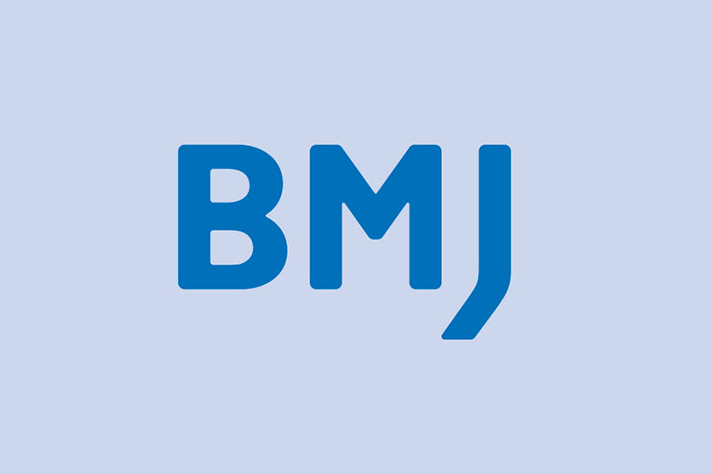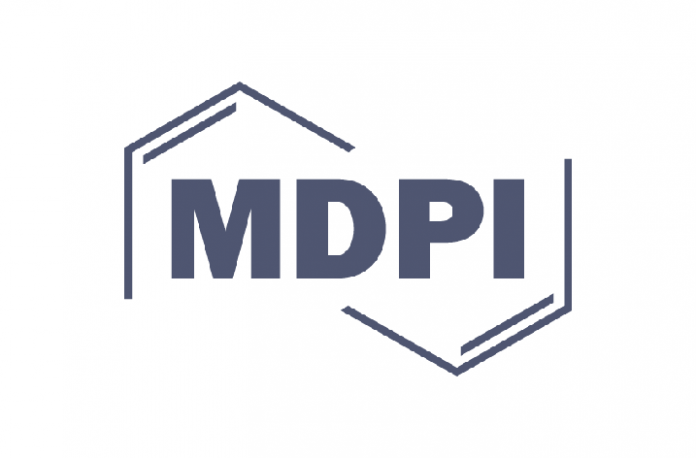With AI playing an increasingly vital role in academia, ProQuest, part of Clarivate, is expanding its series of responsibly developed academic AI tools, keeping library resources on pace with user expectations. The Ebook Central Research Assistant joins the Web of Science, Primo, and ProQuest Research Assistants in supporting research insights and developing critical thinking. Embedded within the award-winning Ebook Central platform, the Ebook Central Research Assistant is designed to help researchers and students navigate ebooks more effectively – surfacing key insights, uncovering connections and guiding them to the next steps in their academic journey.
Seamlessly Integrated Into Research Workflows
Most Ebook Central users enter at the book level, where the Ebook Central Research Assistant is strategically positioned to enhance engagement and support users at critical points in their research workflow. This allows them to quickly assess the book’s relevance to their assignment and deepen their understanding. Additionally, they can seamlessly search across their institution’s catalog to find further resources.
“We worked with our community of customers to create a tool that uses Academic AI to solve challenges for users and showcase more of the library’s ebook collection,” said Meredith Griggs-Keane, Vice President, Product Management at Clarivate. “We’re creating tools that are responsibly developed so students, faculty and librarians can feel confident that their use of AI is aligned with traditional values of scholarship.”
Enhancing Engagement With Ebooks
The Ebook Central Research Assistant simplifies book exploration by identifying key concepts and providing contextual explanations to enhance understanding. With chapter-level insights and key term definitions drawn directly from the text, it keeps users engaged in their research. Powered by Retrieval-Augmented Generation (RAG), it ensures accuracy by sourcing insights directly from the book’s content. Additionally, it helps users discover related titles within their library’s Ebook Central collection, seamlessly expanding their research scope. Features at launch include:
-
- Key Takeaways: Chapter-level insights help users assess content relevance efficiently
- Concept Highlights: Identification and explanation of key terms, with one-click searches, deepen research
Drew Baker at the Digital Theological Library, a development partner on Ebook Central Research Assistant, said: “For me, the key takeaways are the most helpful, while students will likely find the concept identification feature even more valuable. With these tools working together, this is definitely something I would use. It also helps us direct students’ attention to library collections and provides a trusted, AI-powered research tool that we can confidently recommend to users.”
Academic AI That Supports Library Missions
The Ebook Central Research Assistant isn’t just for users – it’s a powerful tool for supporting library missions. The tool:
-
- Improves research efficiency – With chapter-level takeaways, key concept identification, and research expansion features, users can navigate complex topics more effectively.
- Supports information literacy – The assistant doesn’t feed answers to users; it helps them understand and think critically about scholarly content, reinforcing research skills that are essential for academic success.
- Boosts collection usage – By surfacing relevant content, the assistant encourages deeper interaction with trusted Ebook Central subscriptions and collections.
Built on Responsible AI Principles
Clarivate is dedicated to developing trustworthy Academic AI solutions for academia, ensuring transparency, integrity and collaboration with librarians and users. The Ebook Central Research Assistant joins the Web of Science, Primo, and ProQuest Research Assistants as part of a growing ecosystem of academic AI-powered solutions built on the Clarivate Academic AI Platform with responsible AI principles.
How to Access the Ebook Central Research Assistant
The Ebook Central Research Assistant is now available in Beta on the platform for owned and subscribed titles. This feature is automatically enabled at no extra cost but can be disabled if you choose via LibCentral.
To learn more about this new tool and help your library and users prepare:
You can promote this new feature to your users by adding a reference to your LibGuides, AI in Library Databases sections or library social media and blogs. To assist you, we’ve created a dedicated section in the Ebook Central Marketing Toolkit where you’ll find videos, images, posts and more.
Stay tuned for further updates and be among the first to explore future developments of this tool. Consider subscribing to our newsletter to stay informed.































